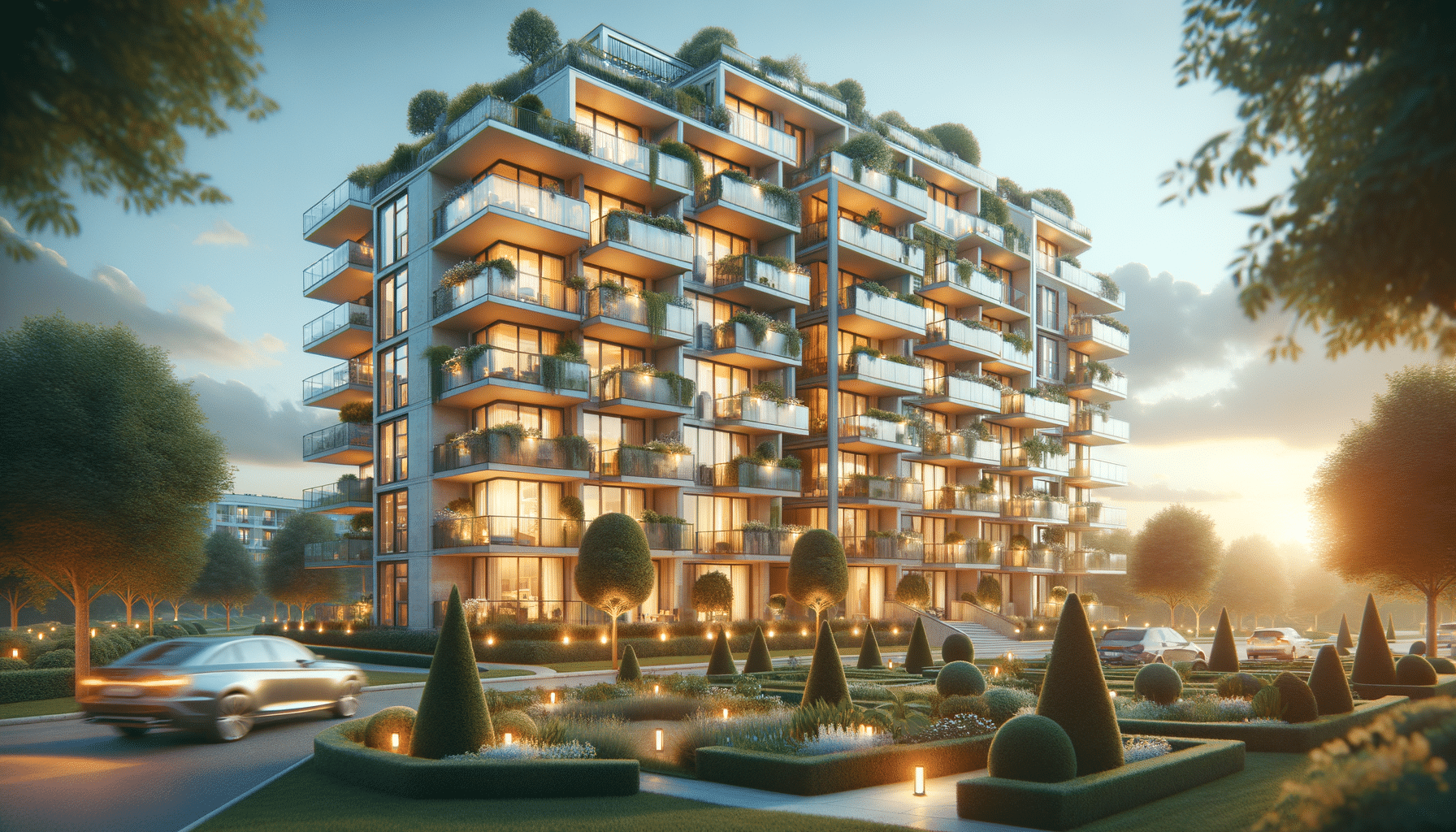
Why Apartment Rentals Are in the Conversation Again
The Rising Demand for Apartment Rentals
In recent years, the demand for apartment rentals has surged, making it an increasingly relevant topic in real estate discussions. Several factors contribute to this trend, including urbanization, lifestyle changes, and economic considerations. As more people gravitate towards city living, apartments offer a convenient and often more affordable option compared to purchasing a home.
Urban areas provide a vibrant lifestyle with close proximity to work, entertainment, and amenities, making them attractive to young professionals and families alike. Additionally, the flexibility of renting appeals to those who are not ready to commit to a long-term mortgage or prefer the freedom to relocate easily. This flexibility is particularly valuable in today’s fast-paced world where job opportunities and personal circumstances can change rapidly.
Moreover, the economic aspect cannot be overlooked. Renting an apartment often requires a lower initial financial outlay than buying a house, which can be a significant advantage for individuals who are saving for other priorities or dealing with financial constraints. These factors collectively drive the popularity of apartment rentals, making them a key topic in real estate discussions.
Understanding the Apartment Rental Market
The apartment rental market is dynamic and influenced by numerous factors, including location, demand, and economic conditions. Understanding these elements can help potential renters make informed decisions. One of the primary considerations is location, as it significantly impacts rental prices and availability. Urban centers and areas with high demand often see higher rental rates, while suburban or less populated regions may offer more competitive pricing.
Another factor is the type of apartment and the amenities offered. Modern apartments with features such as fitness centers, pools, and security systems tend to attract higher rental prices. However, these amenities can also enhance the quality of life for tenants, making them worthwhile investments for some.
Potential renters should also be aware of market trends, such as seasonal fluctuations in rental prices and availability. For instance, rental markets may experience higher demand during certain times of the year, such as the start of a new academic term or the beginning of a fiscal year, leading to increased competition and higher prices. By understanding these dynamics, renters can strategically plan their moves to secure better deals.
Tips for Finding the Right Apartment
Finding the perfect apartment can be a daunting task, but with the right approach, it becomes manageable. Here are some tips to help streamline the process:
- Set a Budget: Determine how much you can afford to spend on rent and stick to it. Consider additional expenses such as utilities, parking, and maintenance fees.
- Prioritize Needs: List your must-have features and amenities, such as proximity to work, public transportation, or pet-friendly policies.
- Research Thoroughly: Use online platforms and local listings to explore available options. Visit potential apartments in person to get a feel for the neighborhood and assess the condition of the property.
- Be Prepared: Have your documentation ready, including proof of income, references, and identification, to expedite the application process.
- Negotiate Wisely: Don’t hesitate to negotiate terms with landlords, especially if you have a strong rental history or can offer a longer lease term.
By following these tips, renters can increase their chances of finding an apartment that meets their needs and budget.
The Role of Technology in Apartment Rentals
Technology has revolutionized the apartment rental process, making it more efficient and accessible for both renters and property managers. Online platforms and apps have simplified the search process, allowing prospective tenants to browse listings, schedule viewings, and even sign leases digitally.
Virtual tours and augmented reality tools provide immersive experiences, enabling renters to explore apartments from the comfort of their homes. This technology is particularly beneficial for those relocating from different cities or countries, as it eliminates the need for costly and time-consuming travel.
For property managers, technology streamlines operations by automating tasks such as rent collection, maintenance requests, and tenant communication. This efficiency not only improves the tenant experience but also enhances the overall management of rental properties.
As technology continues to advance, it is likely to play an even greater role in shaping the apartment rental industry, offering new solutions and conveniences for all parties involved.
Conclusion: Navigating the Apartment Rental Landscape
The apartment rental market is a dynamic and ever-evolving landscape, influenced by economic, social, and technological factors. For renters, understanding these elements and staying informed about market trends can lead to better decision-making and more satisfactory living arrangements.
By considering factors such as location, budget, and amenities, and leveraging technology in the search process, renters can find apartments that align with their needs and lifestyle. As the demand for apartment rentals continues to grow, staying adaptable and informed will be key to navigating this competitive market successfully.
Ultimately, the goal is to find a space that feels like home, offering comfort, convenience, and a sense of community. With careful planning and a strategic approach, renters can achieve this goal and enjoy the benefits of apartment living.


